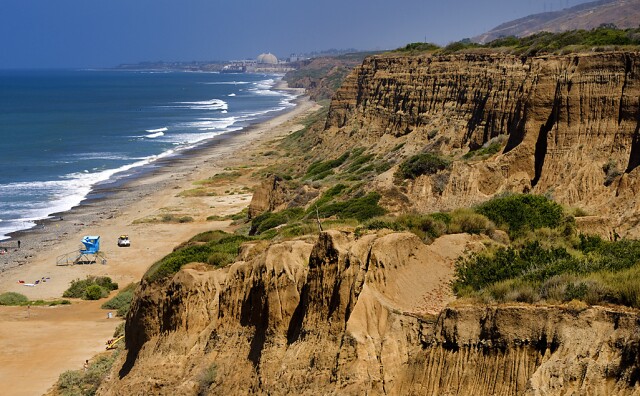Newsom: Schools Can Restart In-Person Classes As Early As February Under New Plan

California's governor has introduced a $2 billion plan to support and guide schools that wish to reopen for in-person instruction as early as February.
Some 1,700 elementary schools already have waivers for in-person instruction, according to Gov. Gavin Newsom, who made the announcement Wednesday morning. But in purple-tier counties like Los Angeles, where COVID-19 cases continue to surge, much of that instruction has been limited to younger students.
California's Safe Schools for All Plan lays out a series of guidelines and support aimed at reopening schools starting in the spring, after the current regional stay-at-home order is lifted.
In-person learning would be gradually reintroduced, focusing first on the youngest and highest-need students, including those in transitional kindergarten through 2nd grade and those in special education.
In-person attendance would not necessarily be required, however. Distance learning will still be an option, Newsom said.
In order for local schools to open, counties must have a seven-day average of at most 28 cases per 100,000 residents. And schools will be allowed to open only if they submit a safety plan to both local and state officials.
The new plan covers several key areas, including funding, safety and mitigation, oversight, and accountability.
1. FUNDING: The $2 billion in additional funding works out to $450 per pupil, Newsom said. The money will be weighted for districts serving students from low-income families, English learners and foster youth. Working with federal partners, Newsom also noted that he hopes to get the cost of testing covered through Medi-Cal, the state's version of Medicaid.
2. SAFETY AND MITIGATION: Testing will be required for staff and students — weekly, in areas with high rates of transmission. All staff and students will be required to wear masks, and the state plans to distribute millions of surgical masks to schools at no cost. Schools will be asked to participate in contact tracing by reporting cases with local health departments, and they will be supported by the state's contact tracing workforce. School staff will be prioritized for vaccinations through spring 2021.
3. OVERSIGHT: The plan lead will be UC San Francisco pediatrician Dr. Naomi Bardach, who the state refers to as an expert on COVID-19 transmission in schools. As schools roll out their safety plans, her team is expected to provide support, including school visits, training, and technical assistance.
4. TRANSPARENCY AND ACCOUNTABILITY: The state will provide a public dashboard detailing each school's reopening status, funding levels, and any reported COVID-19 cases. Staff and parents will be able to report any concerns to the state via a web hotline.
Debra Duardo, L.A. County's superintendent of schools, said she was grateful for the state's guidance. In a statement, she also called on the state to prioritize vaccinations for K-12 and early education teachers and staff, and she appealed to residents to help the county reduce transmission:
"Right now, LA County is facing a horrific surge of COVID cases. The absolute best thing we all can do to reopen our schools is to strictly follow public health guidelines. Please help by avoiding gatherings, staying at home as much as possible, wearing your masks and maintaining a 6-foot distance from others when you do need to leave home."
READ MORE ON THE PLAN HERE:
Our news is free on LAist. To make sure you get our coverage: Sign up for our daily coronavirus newsletter. To support our nonprofit public service journalism: Donate now.
-
The severe lack of family friendly housing has millennial parents asking: Is leaving Southern California our only option?
-
As the March 5 primary draws closer, many of us have yet to vote and are looking for some help. We hope you start with our Voter Game Plan. Since we don't do recommendations, we've also put together a list of other popular voting guides.
-
The state's parks department is working with stakeholders, including the military, to rebuild the San Onofre road, but no timeline has been given.
-
Built in 1951, the glass-walled chapel is one of L.A.’s few national historic landmarks. This isn’t the first time it has been damaged by landslides.
-
The city passed a law against harassing renters in 2021. But tenant advocates say enforcement has been lacking.
-
After the luxury towers' developer did not respond to a request from the city to step in, the money will go to fence off the towers, provide security and remove graffiti on the towers.






